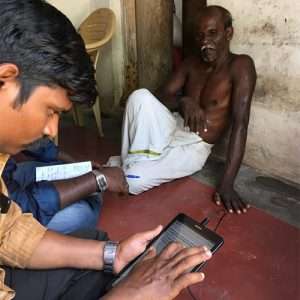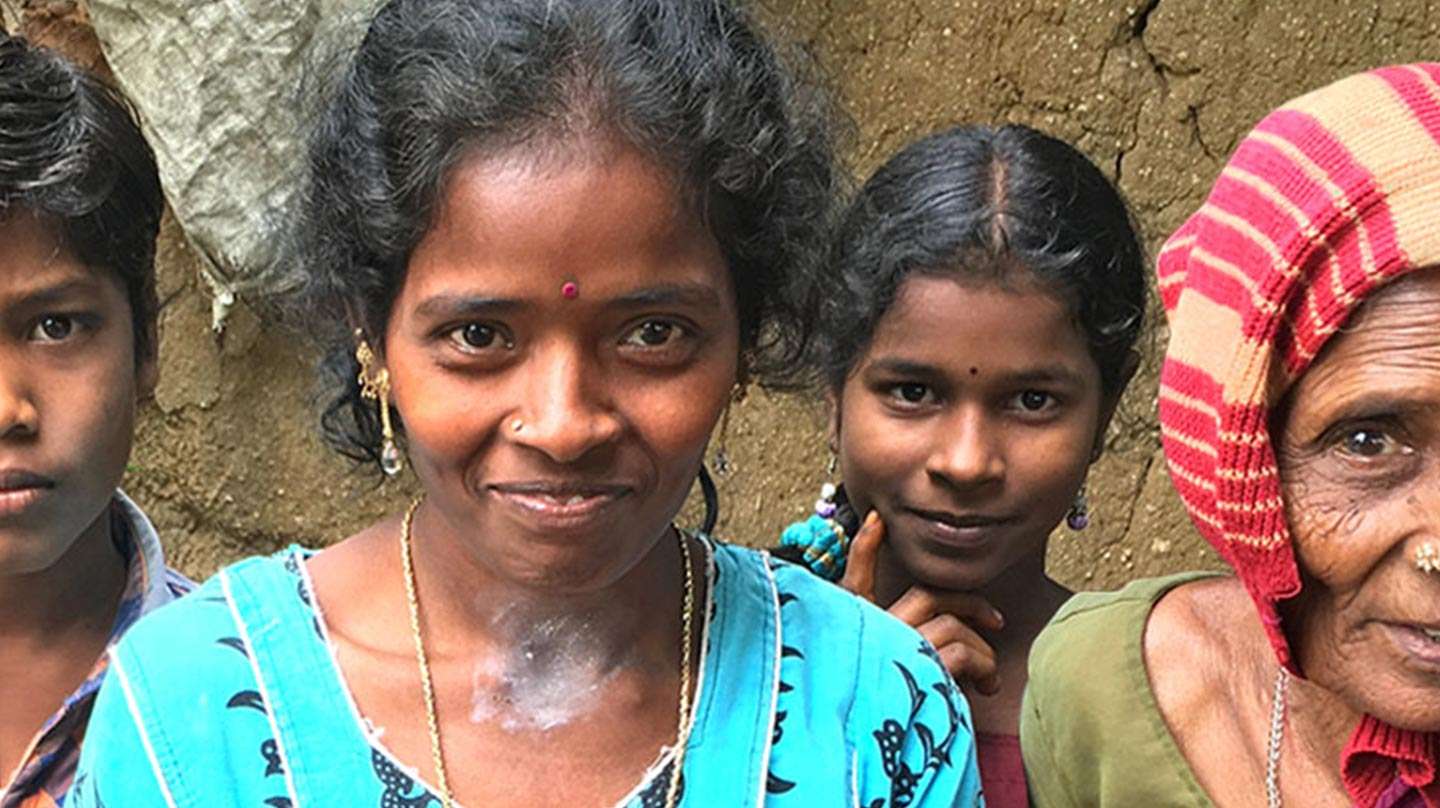 How does the formation of skills and social networks, especially those defined at the community and individual levels, influence the characteristics of individuals’ trajectories in terms of social status, employment, and migration in South India? We connected with Christophe Jalil Nordman about his work on the Networks, Employment, dEbt, Mobilities, and Skills in India Survey (NEEMSIS) project at the French Institute of Pondicherry and asked him how his team is using SurveyCTO.
How does the formation of skills and social networks, especially those defined at the community and individual levels, influence the characteristics of individuals’ trajectories in terms of social status, employment, and migration in South India? We connected with Christophe Jalil Nordman about his work on the Networks, Employment, dEbt, Mobilities, and Skills in India Survey (NEEMSIS) project at the French Institute of Pondicherry and asked him how his team is using SurveyCTO.
Tell us about the NEEMSIS project.
The NEEMSIS aims at understanding the links between labor, skills, social, and professional dynamics and social networks formation in South India. It explores how the formation of skills and social networks, especially those defined at the community and individual levels, influence the characteristics of individuals’ trajectories in terms of social status, employment, and migration.
“The complexity of the structure of the individual questionnaire was made possible by SurveyCTO, especially to code the name generator module.”
This NEEMSIS data collection is the continuity of Rural Microfinance and Employment Survey collected in 2010, and provides therefore a household and individual panel dataset in rural South India. The NEEMSIS blog gathers the results, data, pictures, events, and publications stemming from the NEEMSIS, which was implemented from August 2016 to May 2017 in South India (Tamil Nadu) and supervised by a team of Institute for Development Research and French Institute of Pondicherry researchers in Pondicherry.
Where are you in the project now?
The survey was completed in May 2017. We are in the process of first data analysis, restitution of the primary results in studied villages, and presenting at seminars and conferences.
What are some of the innovative ways you’re using SurveyCTO?
We used SurveyCTO to design household and individual questionnaires. In addition to a household questionnaire gathering information on all household members (around 500 households in 10 villages of rural Tamil Nadu), we designed an individual questionnaire directly addressed to two household members (the household head and a second younger member randomly selected on a criterion of age – 18 to 35 depending on availability).
SurveyCTO helped us specify a random selection of these members using the age criterion. This individual questionnaire includes modules on labor force participation, professional and social aspiration, cognitive and personality traits inspired by the psychology and cognitive science approaches, and a social network module following the name generator sociological method. Hence, a diversity of approaches and tools are used in this quantitative survey.
The complexity of the structure of the individual questionnaire was made possible by SurveyCTO, especially to code the name generator module: the principle is that each individual respondent– “ego” – is asked to list his/her network – “alters” – on whom the enumerators recollect socio-demographic data.
Images courtesy of Christophe Jalil Nordman (NEEMSIS team)




